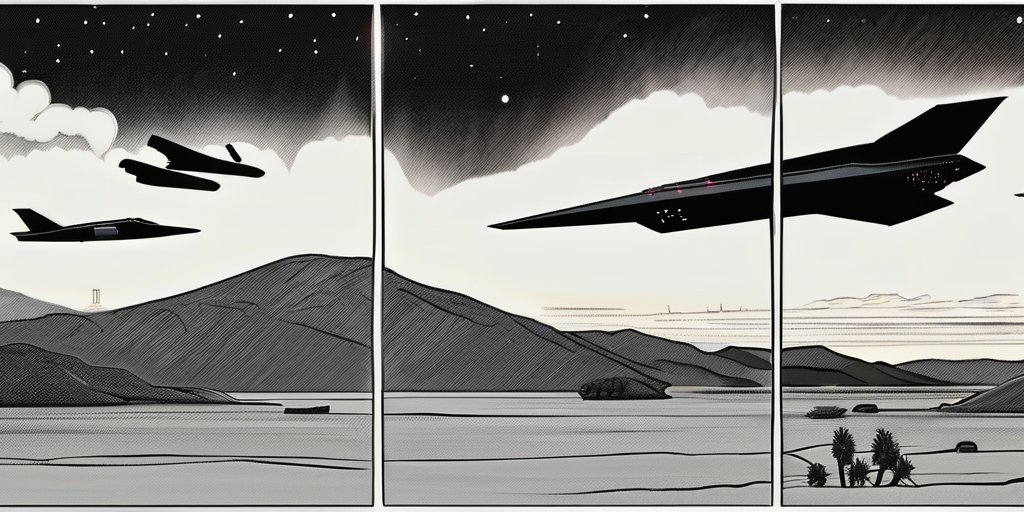In a dramatic shift in U.S. foreign policy, President Donald Trump has authorized airstrikes on three Iranian nuclear facilities: Fordow, Natanz, and Isfahan. This decision, highlighted during a casual evening at his New Jersey golf club, was marked by a meticulous military operation dubbed “Operation Midnight Hammer.” As Trump mingled with guests, including OpenAI CEO Sam Altman, military B-2 stealth bombers readied for takeoff from Missouri, carrying massive bunker-buster bombs. The operation ultimately commenced at midnight ET, demonstrating a high level of secrecy and strategic planning designed to address national security concerns regarding Iran’s nuclear ambitions.
During late-night remarks from the White House Cross Hall, Trump proclaimed the strikes a “spectacular military success,” insisting that Iran, described as the “bully of the Middle East,” must now pursue peace. The decision to strike escalates U.S. involvement in Middle Eastern conflicts, raising concern over potential Iranian reprisals and Trump’s long-term strategy amidst ongoing global tensions.
Prior to launching the strikes, Trump publicly projected confidence while privately weighing the implications of such military actions—a careful balance that highlights the complexities and stakes involved in dealing with Iran. The operation involved over 125 aircraft, including the stealth bombers and Navy submarines armed with Tomahawk missiles. Despite these preparations, there remains an atmosphere of uncertainty regarding potential fallout from such decisive actions.
Trump’s visit to Camp David earlier this month showcased extensive discussions with national security advisers regarding military options. These conversations were further contextualized by rising tensions as Israel began its own military initiatives against Iranian nuclear targets. Trump’s ultimatum to Iran regarding nuclear negotiations, issued weeks prior to the strikes, underscores the administration’s approach to diplomacy interwoven with military readiness.
In a field where decision-making has intensified, Trump’s bold move represents a significant moment in his presidency, with implications reverberating through both domestic and international dialogues on security, diplomacy, and military engagement.
